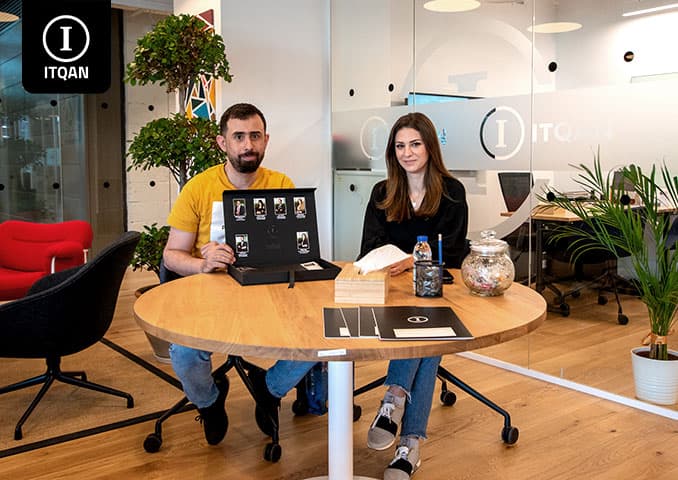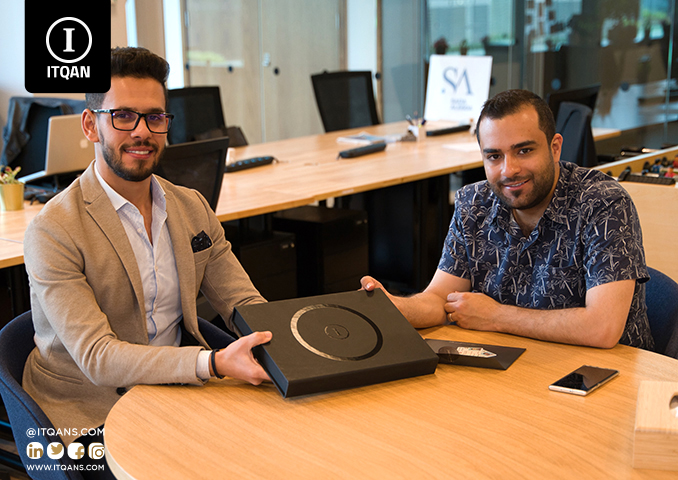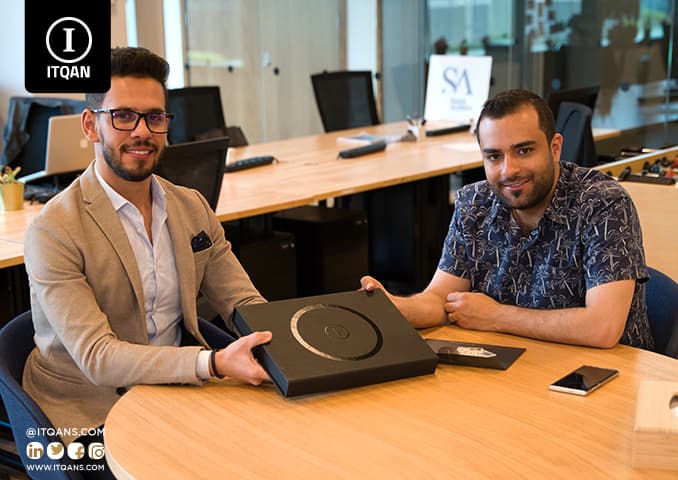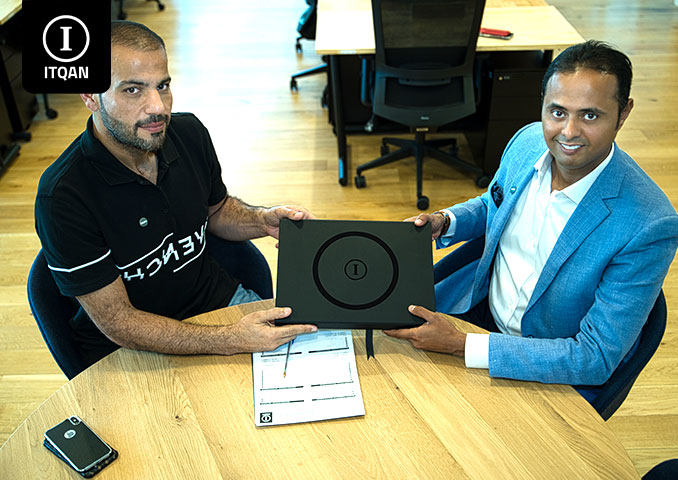Investment laws in this emirate are vital matters that investors must take into consideration. Dubai offers an inspiring investment environment and a legal system that encourages economic growth and sustainable development. This article includes a review of the laws and regulations that govern investment operations in Dubai , including the procedures required to obtain the necessary licenses, legal protection for investors, and the competitive advantages that the emirate offers to attract international capital. Recent developments in economic policies and laws aimed at enhancing Dubai’s role as a leading investment destination in the region and the world will also be highlighted.

جدول المحتوى
ToggleInvesting in Dubai
Investing in Dubai represents an exciting and attractive opportunity for global investors, as this emirate enjoys a developed and diverse investment environment that attracts capital from various parts of the world. Dubai is considered among the world’s leading cities in the field of business and trade, making it an ideal destination for investors seeking to diversify their investments and achieve good returns.
Dubai is characterized by many factors that make it attractive for investment, including an advanced infrastructure that supports business with a high level of efficiency, a strategic location linking the eastern and western markets, and a legal system that provides full protection for investors’ rights. Dubai also provides modern and flexible legislation that facilitates procedures for establishing companies and encourages innovation and leadership in various sectors.
In addition, Dubai offers a variety of thriving economic sectors such as real estate, tourism, retail, and technology, allowing investors to choose from a wide range of diverse investment opportunities available.
Types of businesses I can open as a foreigner in Dubai
As a foreign investor in Dubai, you can open several types of companies, and the options vary based on the location of the company in Dubai (within the mainland or in a free zone). Here are some common types of businesses you can open as a foreigner in Dubai:
- Limited Liability Company (LLC): A foreign shareholder is allowed to own up to 49% of the capital, and there must be a local (Emirati) partner who owns the rest (51%).
- Branch of a foreign company: A foreign company is allowed to open a branch in Dubai, and the capital in this case is the capital of the parent company.
- Public Joint Stock Company: Foreign investors can participate in a public joint stock company and trade its shares publicly, and must obtain approval from the UAE Securities and Commodities Authority.
- Private Joint Stock Company: Allows foreign investors to participate as shareholders in a private joint stock company under the law.
- Free Zone Company: Dubai’s freedom zones (such as Dubai World Trade, DMCC and others) provide opportunities for foreign investors to open companies with full ownership capital.
- Multinational Business Company: Operating in Dubai with other international operations, the ownership structure of the company can be flexible and diverse.
- Subsidiary Company: A foreign company can establish a subsidiary in Dubai, and the capital in this case is the capital of the parent company.
Facilities offered by Dubai to foreign investors
Dubai provides several facilities and benefits to foreign investors to attract investments and enhance the business environment. Here are some of the facilities that Dubai offers to foreign investors:
- Foreign Ownership: Foreign investors can obtain 100% ownership in companies located in Dubai free zones, such as Dubai International Trade (DIC) and Jebel Akhdar District (DMCC).
- Advanced business environment: Dubai has a modern infrastructure and a developed business environment, making it an attractive place for global investments.
- Effective business regulation: Dubai is distinguished by its effective business laws, simple procedures, and appropriate timelines for establishing and operating companies.
- Tax exemptions: Dubai free zones provide tax exemptions to companies for specific periods of time, including exemption from personal and corporate income tax.
- Easy access to regional and global markets: Dubai’s central location, advanced infrastructure, sea and air ports, and easy access to regional and global markets.
- Government and administrative support: The UAE government and government institutions in Dubai provide support and assistance to foreign investors through advanced government service centers and flexibility in dealing.
- Advanced Infrastructure: Dubai provides advanced infrastructure that includes modern communications, integrated logistics networks, and advanced financial and technological services.
- Multinational labor market: Dubai’s multinational labor market attracts global talent and facilitates securing qualified employees of different nationalities and specializations.
Investment areas available in Dubai
In Dubai, there is a wide range of investment areas available that attract both local and international investors. Here are some of the most prominent investment areas available in Dubai:
- Real estate and commercial real estate: Dubai is one of the fastest growing cities in the world in the field of real estate, with investment opportunities in hotels, residential apartments, offices, and other commercial facilities.
- Hospitality and tourism: The tourism and hospitality sector in Dubai is one of the most important investment areas, thanks to increasing international tourism and major events such as Expo 2020.
- Technology and Innovation: The technology industry is growing rapidly in Dubai, with investment opportunities in technology innovation, startups, and mature technology such as artificial intelligence and big analytics.
- Education and Training: Dubai provides investment opportunities in the higher education sector, vocational training, and international education, with increasing demand for quality and international quality education.
- Creative industries and arts: Dubai is strengthening its position as a center for arts and culture, opening doors for investment in creative industries such as visual arts, literature, and music.
- Logistics and Distribution Industries: Due to its strategic location, Dubai offers opportunities to invest in logistics, distribution, and international trade, including shipping and warehousing.
- Energy and Renewable Resources: Dubai is focused on developing renewable and sustainable energy, providing opportunities for investment in solar, wind, and environmental technology projects.
- Financial and advisory services: Dubai is a leading financial center in the region, providing opportunities for investment in financial services, financial consulting, insurance, and real estate investments.
Investment laws in Dubai
Investment laws in Dubai form an essential part of the legal infrastructure that makes Dubai one of the most important economic and investment centers in the world. These laws are transparent and flexible, making the emirate a preferred destination for investors from around the world. Here’s a look at some of the key aspects of investment laws in Dubai:
- Foreign Ownership: Dubai’s investment laws allow foreign investors to own up to 100% of companies in most sectors, without the need for a local partner, except in some specific sectors that require a local partnership.
- Tax facilities: Companies in Dubai enjoy important tax benefits, as the emirate does not impose taxes on personal income or capital, and does not impose taxes on profit.
- Labor legislation: Dubai provides an advanced legislative work environment that protects workers’ rights and regulates relations between workers and employers, ensuring stability for investors and workers alike.
- Government Facilities: The Dubai government provides a number of facilities to investors, including simplified administrative procedures for registering companies and obtaining the necessary licenses.
- Intellectual Property and Property Rights: UAE laws effectively protect intellectual property rights, encouraging innovation and investment in research and development.
- Legal regulation: Dubai has an independent and effective judicial system that is quick and objective in handling commercial disputes, ensuring that the law is applied fairly and equitably.
Conditions for investment in Dubai
To invest in Dubai, there are several conditions and requirements that investors must adhere to, whether they are foreign or local investors. Here are some conditions for investing in Dubai :
- Incorporation and registration: Companies intending to be established in Dubai must register and obtain the necessary licenses from the relevant authorities, such as the Dubai Department of Economic Development or the entity regulating the chosen free zone.
- Necessary capital: The necessary capital requirements for companies may vary depending on their type, such as sole proprietorships, limited liability companies, and others. Investors must provide this capital as legally required.
- Local partnership (in some cases): In the case of limited liability companies and some other types of companies, UAE law may require a local (Emirati) partner who owns a certain equity stake. But in free zones, foreign investors can obtain full ownership.
- Licenses and permits: The necessary licenses and permits must be obtained from the relevant authorities, such as a commercial activity license, a building permit (if the company owns its own building), and any permits specific to the intended activity.
- Compliance with Laws and Regulations: Investors must comply with local, state, and federal laws and regulations, including labor, tax, and environmental laws, and any regulatory legislation applicable to economic activity.
- Financial and administrative reporting: Companies registered in Dubai must prepare and submit periodic financial and administrative reports in accordance with local requirements, which requires adherence to accounting and financial reporting standards.
- Compliance with visa and labor requirements: If employing foreign workers, companies must adhere to visa and labor laws, and ensure decent working conditions and local labor standards.
- Compliance with environmental, health and safety policies: Companies must respect and comply with all policies and requirements related to the environment, health and safety in the workplace.
In conclusion of this article, we recognize the importance of understanding investment laws in Dubai as a key to the success of any business venture in this vibrant emirate. By reviewing the laws and procedures that regulate investment in Dubai, it becomes clear that the emirate provides a suitable investment environment that attracts investors from around the world.
Dubai’s investment laws allow foreigners to own and establish 100% companies in some free zones and designated areas, which increases the emirate’s attractiveness as a global investment destination. Dubai also provides clear and advanced legislation that protects investors’ rights and enhances transparency and responsibility in commercial relations.
In addition, investors can benefit from the facilities and advantages that Dubai provides to support businesses, such as advanced infrastructure, advanced financial services, and access to a large target market.
The most important frequently asked questions about investment laws in Dubai
What are the legal procedures necessary to establish a company in Dubai?
Procedures include choosing the company type, registering the company name, determining the location of the headquarters, and submitting the required documents to the relevant regulatory authorities.
What are the steps to obtain the necessary licenses to start working in Dubai?
The steps include submitting an application to obtain the required professional or industrial licenses from the competent authorities in Dubai.
What are the potential risks of investing in Dubai?
Risks include global economic fluctuations, competition in the local market, and changes in government policies.
What are the investment benefits of Dubai as an investment destination?
Benefits include well-developed infrastructure, strategic location, effective legal system, and educated workforce.
Can foreigners invest in Dubai?
Yes, foreigners can fully invest in Dubai in some specific sectors and areas, such as free zones and specific real estate projects.

















